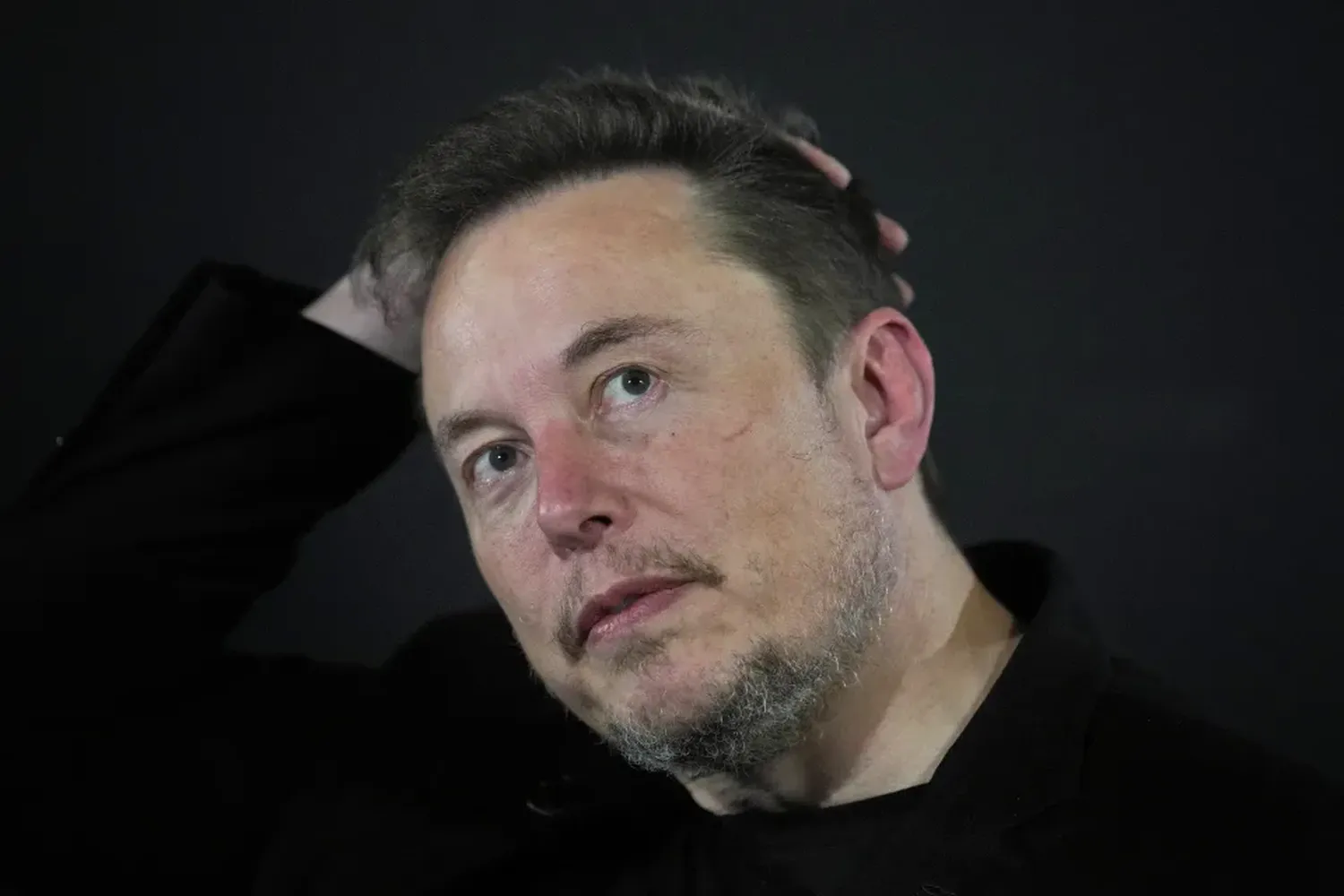X Legal Case
Brazil Supreme Court justice orders investigation of Elon Musk
In a significant development that underscores the growing global concern over the role of social media in spreading disinformation and obstructing justice, a Brazilian Supreme Court justice has ordered an investigation into Elon Musk, the billionaire owner of the social media platform X, formerly known as Twitter. The investigation, announced on April 8, 2024, marks a critical juncture in the ongoing battle against fake news and highlights the challenges facing tech moguls in navigating the complex landscape of global information dissemination and legal compliance.
Justice Alexandre de Moraes, a figure known for his rigorous stance against disinformation and hate speech, has accused Musk of engaging in a "disinformation campaign" against the Brazilian judiciary. This campaign allegedly includes Musk's public defiance of court orders aimed at curbing the spread of fake news on X. The investigation will probe Musk's actions for potential obstruction of justice, incitement of crime, and the intentional criminal instrumentalization of X, as part of a broader inquiry into a network of individuals accused of spreading defamatory fake news and threats against Supreme Court justices.
The controversy began when Musk, in a series of posts on X, criticized the Brazilian Supreme Court's efforts to regulate social media content, particularly targeting Justice de Moraes. Musk accused the judge of censorship and overreach, challenging the court's orders to block certain accounts suspected of disseminating false information. In a bold move, Musk declared that X would lift all restrictions on blocked accounts, predicting that this defiance could lead to the platform's shutdown in Brazil but asserting that "principles matter more than profit."
This standoff has ignited a fierce debate over the balance between free speech and the need to prevent the spread of harmful disinformation. Brazil's political right has long viewed Justice de Moraes as exceeding his authority, accusing him of stifling free expression and engaging in political persecution. However, de Moraes' defenders argue that his actions, though extraordinary, are legally justified and crucial for protecting Brazilian democracy from the threats posed by fake news, as evidenced by the January 8, 2023, uprising in Brazil's capital, which bore a striking resemblance to the January 6, 2021, insurrection in the U.S. Capitol.
The investigation into Musk comes at a time when Brazil is grappling with the aftermath of political turmoil and the rise of digital militias that have exploited social media platforms to spread misinformation and incite violence. The country's efforts to regulate these platforms have been met with resistance from tech companies and their leaders, who often cite the principle of free speech to justify their reluctance to comply with local laws and regulations.
Musk's confrontation with the Brazilian judiciary raises important questions about the responsibilities of social media platforms in moderating content and the limits of free speech in the digital age. As the investigation unfolds, it will be closely watched by governments, tech companies, and civil society organizations around the world, as it could set a precedent for how democracies address the challenges posed by the digital dissemination of fake news and the role of tech moguls in shaping public discourse.
The outcome of this investigation could have far-reaching implications for the future of social media regulation, the protection of democratic institutions, and the global fight against disinformation. As Brazil takes a stand against one of the most influential figures in the tech industry, the world awaits the results of this landmark inquiry, which could redefine the boundaries of free speech and the accountability of social media platforms in the digital era.

